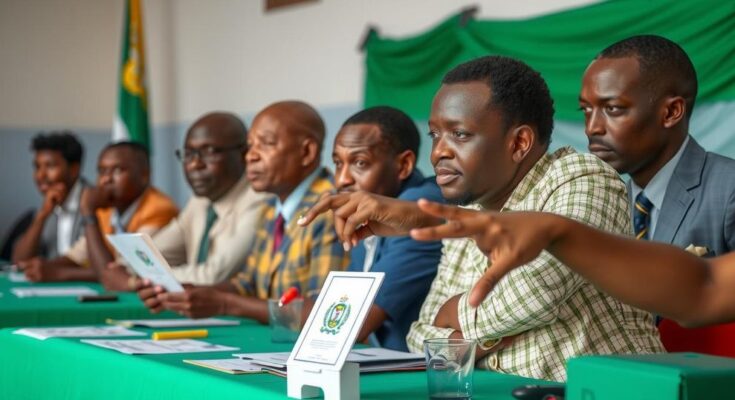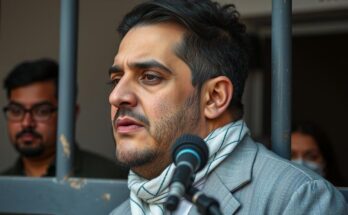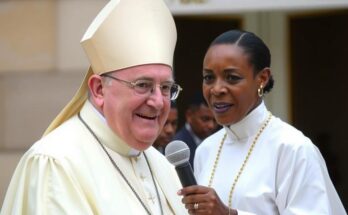Comoros conducted a parliamentary election on Sunday, which was boycotted by opposition parties criticizing President Azali Assoumani’s rule as increasingly authoritarian. Approximately 330,000 voters were registered, yet low turnout is expected. Assoumani’s party previously dominated the last election amid allegations of electoral fraud. The nation has experienced political instability since independence, raising concerns about democratic governance.
On Sunday, the Comoros held a parliamentary election amidst a boycott from several opposition parties who criticized President Azali Assoumani and his ruling party for perceived authoritarianism. This election will determine the composition of the 33-seat legislature, with results anticipated next week from the national electoral commission. Approximately 330,000 out of an estimated population of 850,000 are registered to vote, though opposition groups expect voter turnout to be low due to disenchantment with the electoral process.
President Assoumani’s party, the Convention for the Renewal of the Comoros, previously secured 20 out of 24 contested seats in 2020, a vote deemed by opposition groups as a “masquerade,” asserting it lacked fair oversight. Assoumani authorized constitutional amendments in 2018 facilitating his eligibility to remain in power beyond established term limits. Prior to this election, opposition parties, including the Juwa Party led by former President Ahmed Abdallah Sambi, voiced their intentions to boycott, having also refrained from participating in the 2020 elections.
Comoros is an archipelago that has experienced political instability since achieving independence from France in 1975, marked by military coups and controversial electoral processes. Assoumani, a former military officer, initially gained power in 1999 and has maintained it through successive elections, with allegations of electoral fraud and protests erupting following his controversial electoral victories. Despite the threat posed by Tropical Cyclone Dikeledi, voting proceeded as planned.
The topic of the parliamentary elections in Comoros holds significant relevance given the nation’s turbulent political history. Since its independence in 1975, Comoros has been plagued by coups and political instability, leading to ongoing concerns regarding the democratic process. The ruling party under President Azali Assoumani has faced mounting allegations of authoritarian governance and electoral malfeasance, sparking dissatisfaction among opposition leaders and potential voters. This election highlights the ongoing struggle for political legitimacy and representation in Comoros.
In summation, the parliamentary election in Comoros, marked by a boycott from opposition parties and concerns about electoral integrity, underscores the ongoing political challenges faced by the nation. The low voter turnout anticipated by opposition groups reflects a broader disillusionment with the electoral process, while Assoumani’s continued rule raises questions regarding the future of democracy in the archipelago. As results unfold, they may significantly impact both the political landscape and public sentiment in Comoros.
Original Source: apnews.com




